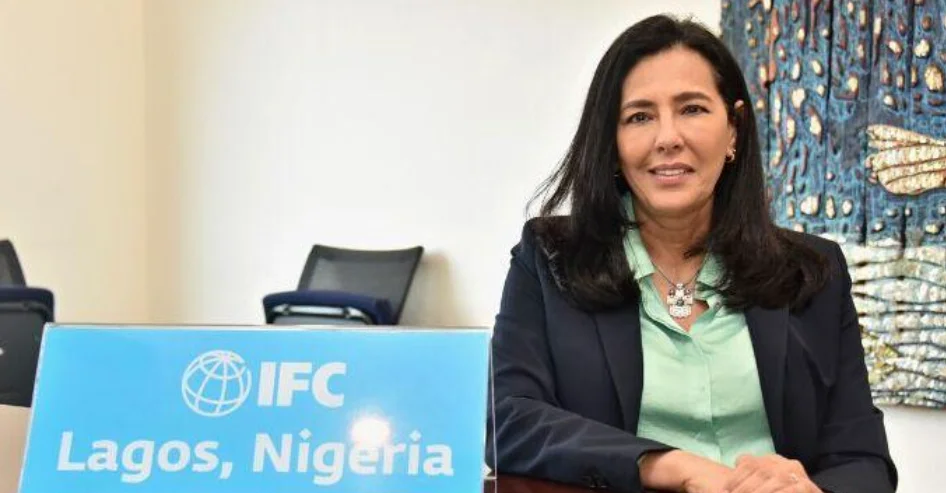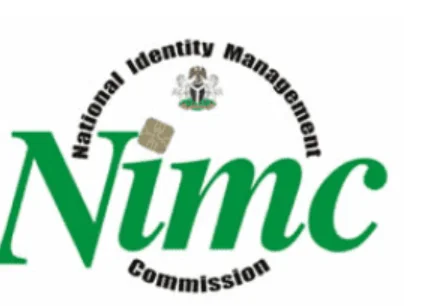The International Finance Corporation (IFC) has raised alarms about the high cost of technology in Africa, warning that businesses on the continent face costs up to 35% higher than global averages. This challenge threatens to limit Africa’s ability to fully harness the benefits of digital transformation.
Speaking at GITEX Nigeria 2025 in Lagos, Dahlia Khalifa, IFC’s Regional Director for Central Africa and Anglophone West Africa, highlighted the urgent need for infrastructure, skills, and financing to close Africa’s digital gap.
Technology Costs 35% Higher Than Global Peers
According to IFC:
- African businesses face technology costs 35% higher than in other regions.
- 86% of firms have access to mobile phones and the internet, but adoption is low.
- Infrastructure gaps, digital literacy issues, and limited financing are the main barriers.
Khalifa noted that addressing these challenges could unlock significant economic opportunities, particularly for Africa’s 600,000 formal businesses and 40 million micro-enterprises.
Digital Transformation: The $600,000 Business Opportunity
The IFC’s report, Digital Opportunities in African Businesses, shows that digital transformation could:
- Boost productivity across formal enterprises and SMEs
- Increase wages and create better-quality jobs
- Improve livelihoods for millions across Africa
“The price of addressing these challenges is too enormous not to,” Khalifa said
Call for Stronger Partnerships
IFC stressed that governments, businesses, and international partners must work together to mobilize capital, create enabling policies, and build trust.
Key focus areas include:
- Reliable broadband and robust data centres
- Modern digital infrastructure and clean energy for sustainability
- Investment in digital skills and training for Africa’s youth
- Public-private partnerships to scale impact
Khalifa added:
“Infrastructure is the foundation, but entrepreneurship is the engine… To seize this opportunity, Africa needs investment in skills, reliable broadband, and policies that foster trust.”
IFC’s $6 Billion Digital Infrastructure Investments
Over the past decade, the IFC has invested over $6 billion in Africa’s digital infrastructure, funding:
- Data centres
- Fibre networks
- Affordable broadband connectivity
Highlights include:
- $1 billion in connectivity projects in 2024
- $100 million into Raxio Group’s data centre and WIOCC’s fibre expansion in Nigeria
- IFC-backed Rax Centre in Lagos, a benchmark for green data facilities
Supporting African Startups and Entrepreneurs
Beyond infrastructure, IFC is investing in entrepreneurship and innovation. Through venture capital and startup programs, IFC supports over 100 firms across sectors such as:
- Fintech (e.g., Wave Mobile Legend)
- Health tech
- Edtech (e.g., Andela)
- E-commerce (e.g., Trade Depot)
These firms are not only expanding digital services across Africa but also creating thousands of new jobs.
Conclusion: Closing Africa’s Technology Gap
The IFC’s warning is a wake-up call: Africa must address its high technology costs to unlock its full digital potential. By bridging gaps in infrastructure, financing, and digital literacy, Africa can transform challenges into opportunities, boosting productivity, enabling entrepreneurship, and improving livelihoods for millions.
With $6 billion already invested and continued support for startups and innovation, IFC is working with Africa to ensure that the continent can compete in the global digital economy.










